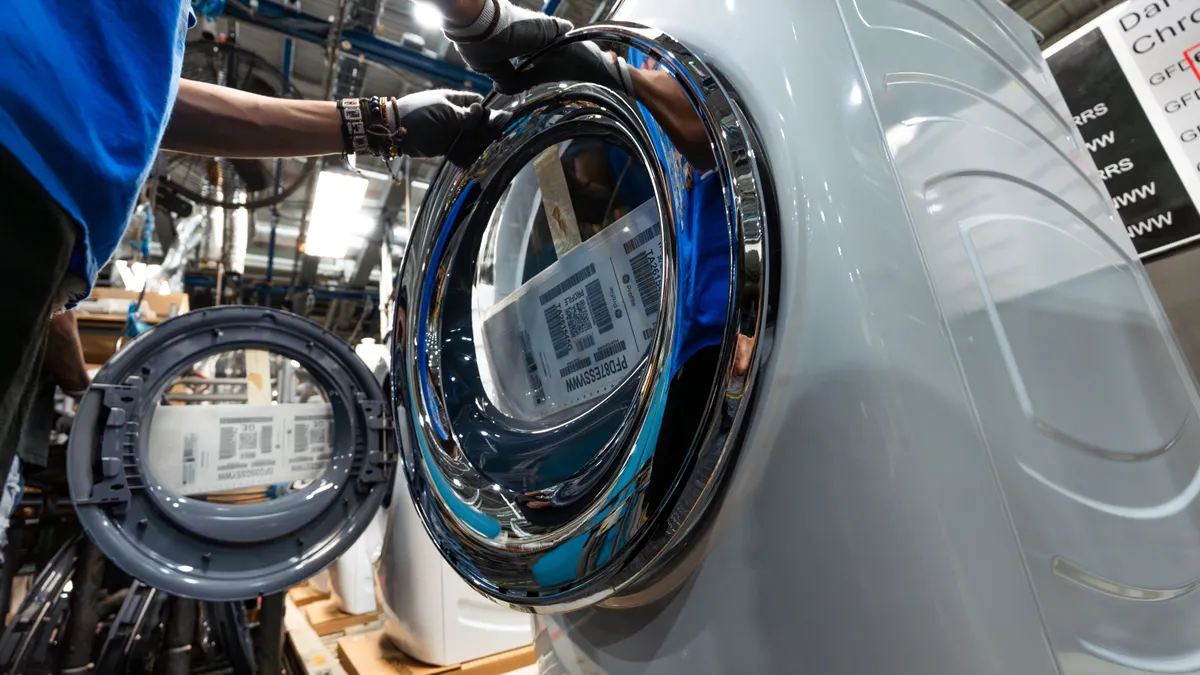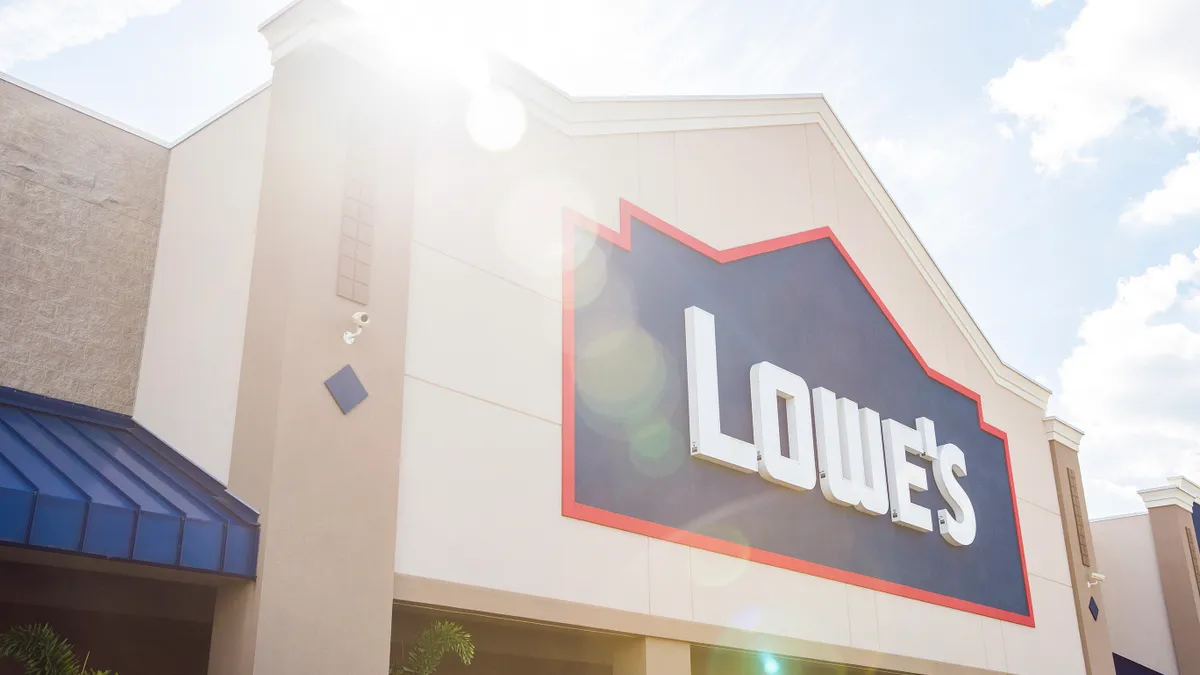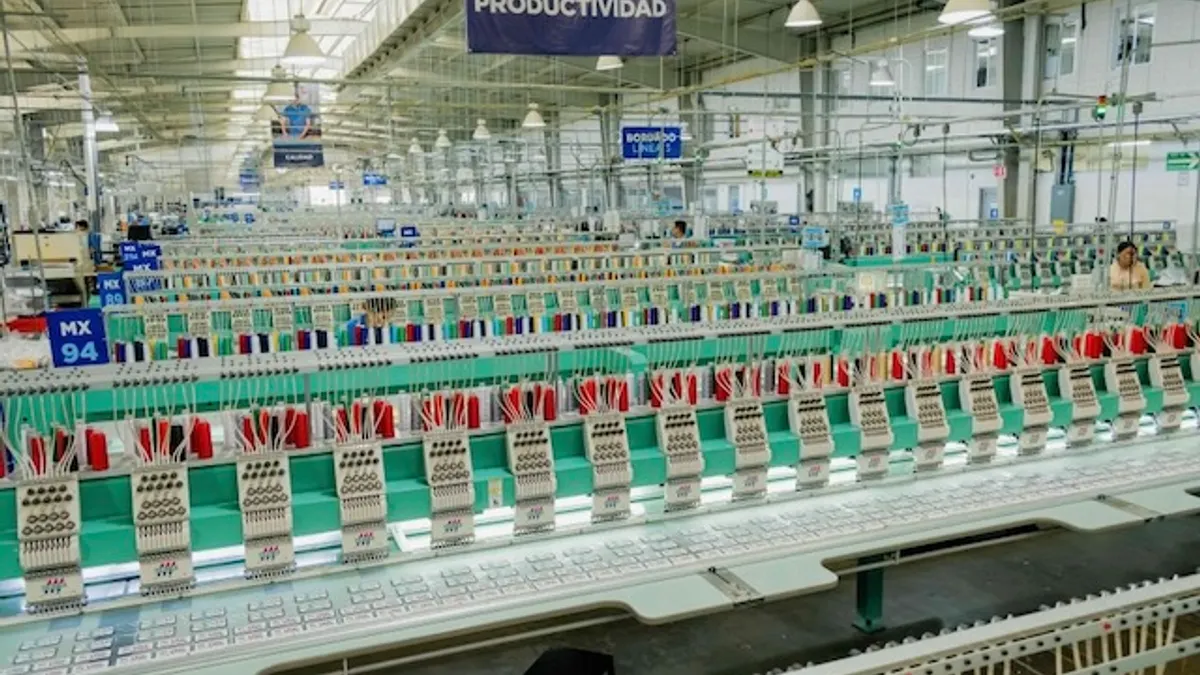Buyers entering the profession in the past decade have not experienced working during an economic recession. Since coming out the deep ditch of the Great Recession in 2009, the U.S. economy has expanded and remains relatively strong as 2020 begins. This prolonged period of economic health has lulled buyers and suppliers alike into a false sense of security, making purchase and supply decisions assuming the economy will just keep growing.
That’s the wrong approach.
In a growing economy, it is quite easy for less experienced buyers to find thrill in "place and chase," sending almost endless orders to suppliers. Yet danger lurks. A terrorist attack, oil shock or other global risk could at any time plunge the domestic economy into recession, resulting in a pile of canceled orders, damaged relationships and prolonged business uncertainty.
There are some things a buyer can do to reduce risk to their business when an inevitable economic slowdown occurs.
1. Pay attention to signals
Simple observations from the buyer’s desk can foresee changing economic conditions. Reductions in lead times and softening of prices may be welcomed, but they also indicate slowing demand. Supplier delivery and quality performance may begin to slip, reflecting changes in staffing or cash flow issues impacting operations. Adding this market intelligence to some of the government and industry data sets can offer a more complete picture of the economy.
I worked for a technology company whose business was considered a leading economic indicator, and it didn’t take long for savvy suppliers to catch on to these normal, but not recessionary, fluctuations in the business cycle. Customer orders would often slow for my company about six months before the general economy softened, and they would ramp up six months before the economy began to heat up. Suppliers welcomed these advanced signals, allowing them to easily adjust production schedules and plant operations.
2. Get some historical perspective
Buyers and suppliers that have experienced working through a recession understand the tough financial and organizational decisions that are made when business slows. Veteran buyers know first-hand the impact on their suppliers, and in their own companies, in the inevitable cost cutting, layoffs and changes in the supply chain. They may become a bit more conservative in negotiating multi-year agreements and will often try to limit long term exposure, especially where the extended forecast is hazy. This protects their companies and their suppliers alike.
For organizations without access to internal historical perspective, conversations with key suppliers about their experiences in slowdowns will help to craft the necessary procurement strategies.
3. Forecast honestly
In a prolonged slowdown, the forecast is an important tool in allowing suppliers to make decisions around staffing, capacity and even finding new markets and customers. Work closely with sales and operations planning to develop a realistic forecast that suppliers can use as a planning tool. Don’t paint a rosy picture when there isn’t one. Maintain your credibility.
4. Be prepared for change
If a recession hits, Economic Darwinism will be in play, where stronger suppliers survive but the weaker ones may not. Some may declare bankruptcy or close their doors altogether, putting your orders and inventory at risk. Others may change their market strategy and pursue new customers and markets, leaving some customers in the lurch.
Begin resourcing activities immediately. Be open with new sources of supply about why you are contacting them and ask them to prove their long-term viability. And be prepared for the supplier to ask the same of you. The buyer seller landscape can change dramatically during a prolonged economic downturn.
5. Communicate truthfully and often
Buyers needs to take a leadership position and be honest about business conditions, allowing the supplier to make the necessary adjustments to production and minimize the impact in the downstream supply chain. It is during tough times when the strength of the buyer-seller relationship is tested. Strong relationships rest on a mutual foundation of credibility and integrity. As one of my favorite suppliers would say when giving me bad news, "say it straight so it can’t come out crooked." I might not have liked the news, but I trusted it ... and trusted her.
6. Honor your commitments
While the ERP may recommend purchase order cancellations, it is just not that simple. The buyer needs to take financial responsibility for the work in process and finished goods inventory exposure with the supplier. Work cooperatively with all partners to minimize business disruptions and be ready for better days ahead.
This story was first published in our weekly newsletter, Supply Chain Dive: Procurement. Sign up here.





















